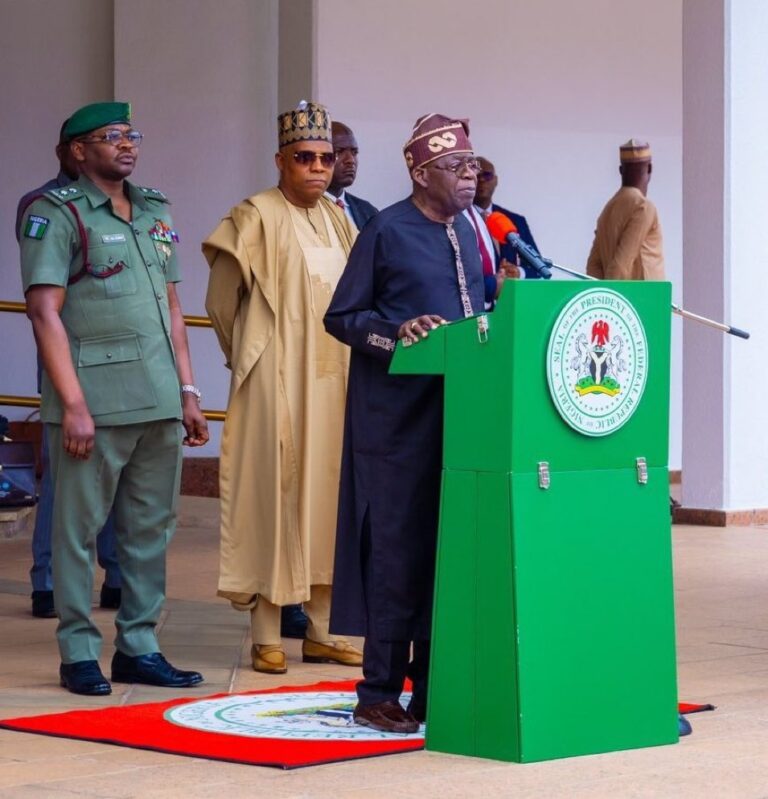
The Tinubu Stakeholders Forum (TSF) has urged stakeholders to engage constructively with the content of the tax reforms and embrace the useful suggestions made by President Bola Tinubu on the tax reforms bills rather than heating up the polity unnecessarily.
In a statement signed by its Chairman Ahmad Sajoh and Secretary Josiah Afolabi, TSF argued that no final decision has been made on the bills especially the contentious one on Value Added Tax (VAT) even though they are at the National Assembly.
It said: “While we recognize that the proposed changes to VAT allocation have sparked strong opinions from various quarters, it is essential to clarify that this bill is not an executive order but a legislative proposal introduced by the Federal Government and now in the hands of the National Assembly for thorough review and deliberation.
“This VAT reform bill introduces a revised approach to revenue allocation, one that aims to reflect the reality of Nigeria’s diverse economic landscape by aligning VAT distribution with the location of actual economic activity.
“If passed, the bill would shift from a production-focused model to one based more on consumption, helping states receive revenues proportionate to their local consumption levels.
“Such changes, in our view, could provide states with greater resources to invest in critical infrastructure, social services, and local development to boost commerce in their respective locals.
The group also urged stakeholders to use the opportunity of public hearings to lend their voices to the content of the bill
“TSF underscores that all concerned parties, whether citizens, stakeholders, or regional representatives, are encouraged to actively engage with this bill through appropriate channels.
“This includes participating in the public hearings scheduled during the legislative process, as well as collaborating with their elected representatives in the Senate and House of Representatives.
“These avenues provide the opportunity for constructive feedback, ensuring that the final legislation reflects a broad spectrum of perspectives and addresses regional concerns effectively.
“Additionally, TSF emphasizes that this legislative process is ongoing and encourages all parties to avoid incitement or hasty conclusions regarding the bill’s potential outcomes.
“Through constructive engagement, Nigeria can collectively shape a tax system that promotes fairness, economic growth, and local development across the country.
“We urge stakeholders to contribute to this ongoing process by voicing their concerns in a manner that aligns with democratic principles, allowing for an inclusive and well-informed outcome that will benefit all regions,” it added.
TSF also expressed its commitment to supporting policies that foster equity and economic prosperity for all Nigerians.


